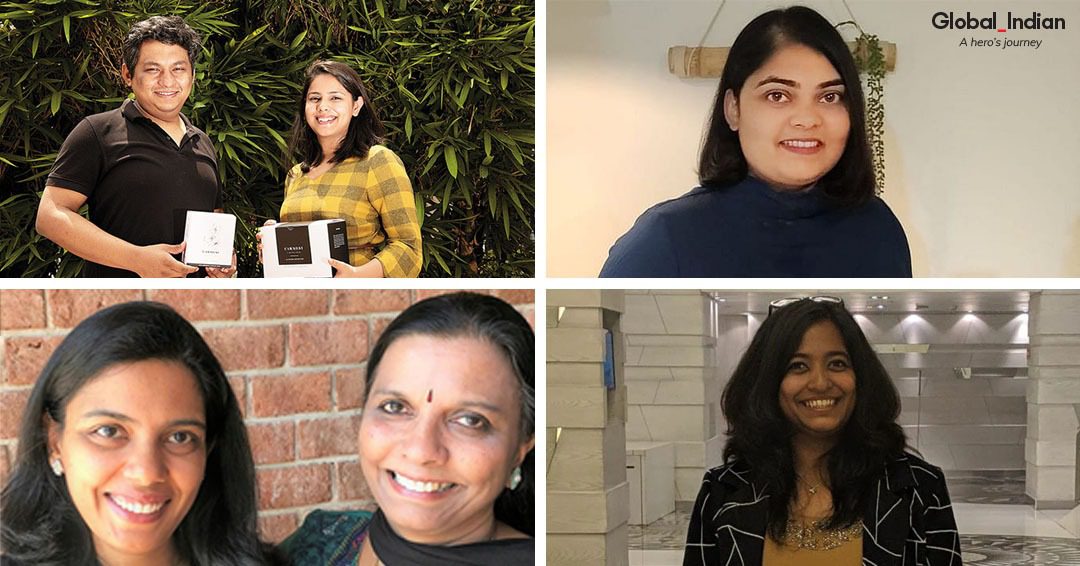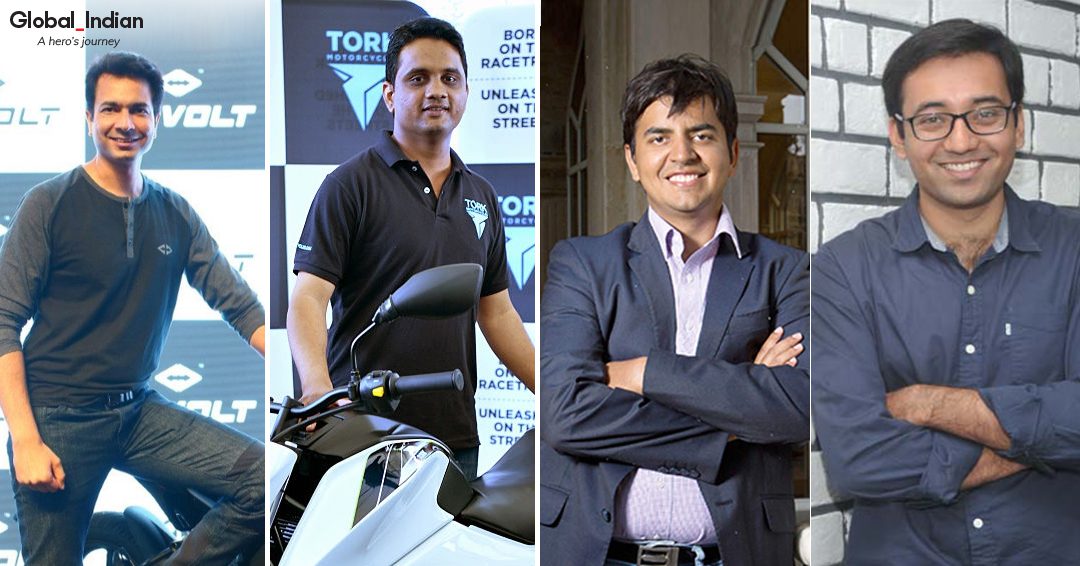(August 27, 2021) FemTech: it’s the hottest buzzword in the startup ecosystem with more and more entrepreneurs jumping onto the bandwagon. And most of them are women. After all, nobody gets a woman’s health like a woman might. Women’s health, an oft neglected area, is finally finding its moment in the spotlight with more and more startups sensing the importance of the sector that has long been overlooked and undermined.
Short for female technology, these are companies that manufacture and sell products catering to women’s needs: wearable devices, treatments, informative apps and platforms and hygiene products. From tech that addresses concerns surrounding breast cancer (one in 28 women develop it) to forums that raise awareness about PCOS (one in five Indian women suffer from it), FemTech startups are covering the spectrum.
According to a report in Forbes, despite the rise in FemTech startups, only 3% of the total HealthTech funding went to the segment in 2020. The lack of funding continues to plague the segment, despite the sector being expected to reach $1.07 trillion by 2026. The disconnect: 95% of VC partners are men and don’t understand the potential this market holds.
Regardless, women-led FemTech startups are soldiering on and Global Indian turns the spotlight on some promising Indian enterprises that are rising in the segment.

Niramai

Nidhi Mathur and Dr Geetha Manjunath, founders of Niramai
Founded in 2016 by Dr Geetha Manjunath and Nidhi Mathur, Niramai provides Artificial Intelligence (AI) solution to help detect breast cancer and growth abnormalities in women. Their Thermalytix, a breakthrough solution in the segment, is now being used by hospitals to detect breast cancer as well as several other diseases, through non-invasive and radiation-free ways. The product uses AI and a high-resolution thermal sensing device to measure the temperature of the chest region to detect early-stage cancer. The startup was backed in 2019 by Bill and Melinda Gates to develop a cure for an AI-based software to control the spread of River Blindness which had affected 17 million in Africa.
The Bengaluru-based Niramai has raised total funding of $14 million until June 2021 and during the pandemic it also launched a home-based screening service. In June this year, it raised research funding from CDC, a UK-based development finance institution, to develop NIRAMAI FeverTest that was launched last year to enable screening for COVID-19 symptoms at scale.

Ava

Evelyn Immanuel, founder, Ava
Irregular periods, erratic weight gain, infertility, insulin resistance, mood swings, fatigue: all symptoms characteristic of polycystic ovary syndrome (PCOS) which are often brushed under the carpet. However, with one in five women in India suffering from the condition, it is time PCOS was addressed properly and not just treated with contraceptive pills and curt orders to lose weight. Women suffering from PCOS often find themselves being shamed for their obesity and shy away from getting the help they deserve and Ava decided to step in and turn the focus on the condition for good measure. The Bengaluru-based startup that was founded in 2019 by Evelyn Immanuel, promotes a disciplined and holistic approach by offering curated programs and personalized plans to help women deal with conditions such as PCOS and thyroid.
With a team of doctors, nutritionists, dermatologists, psychologists and fitness coaches, Ava encourages women with PCOS to adopt a holistic approach to managing their condition — all with a better understanding of PCOS. Started with an initial investment of ₹10 lakh, Ava raised additional funding through 100x VC in 2020.
![]()
PregBuddy

Sivareena Sarika, founder of PregBuddy
Launched as a WhatsApp group in 2016 by Sivareena Sarika and IIT-Kharagpur alumnus Subhadeep Mondal, PregBuddy soon grew into a peer-to-peer platform that offers personalized care for expectant mothers. The AI-enabled continuum platform brings together doctors and health experts to guide women right from preconception to the early years of motherhood. Incidentally, Sarika came up with the idea for PregBuddy when she saw the lack of information and support for pregnant women in the country after a cousin miscarried in the fourth month of her pregnancy.
Initially, the startup was complete bootstrapped with an investment of ₹10 lakh, however it raised an undisclosed amount of seed funding from Indian Angel Network in 2018.

Carmesi

Rikshav Bohra and Tanvi Johri, founders, Carmesi
One of the most common problems several women face is that their sanitary napkins (with their synthetic ingredients) often leave them feeling uncomfortable and with rashes. This is where Carmesi steps in. Launched in 2017 by Tanvi Johri and Rikshav Borah, Carmesi aims to make periods a ‘safe’ time of the month for women while promoting menstrual hygiene. The sanitary napkins that come packed in a vanity case are made with all natural ingredients such as bamboo fiber and cornstarch. Women can tailor the delivery schedule of the products based on their period cycle and the products are a 100% biodegradable. The company is also working to ensure that their packaging is also biodegradable.
In 2017, Carmesi raised a seed round of funding from Sunil Kalra, Arun Venkatachalam, and Startup Buddy Ventures.
Also Read: Slumdog Millionaire to Hollywood: How BAFTA-nominated Freida Pinto got the world to notice her



